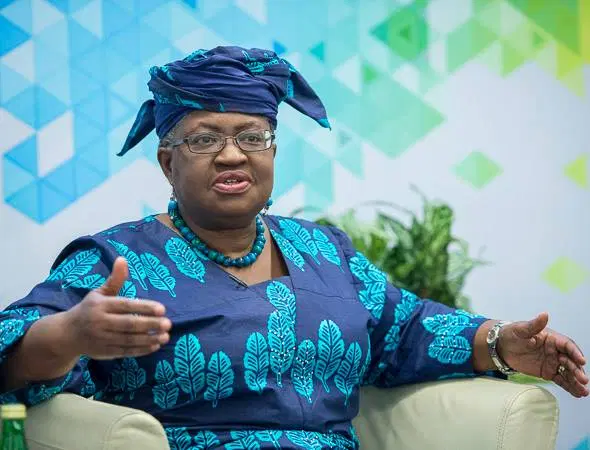Dr. Ngozi Okonjo-Iweala, Director-General of the World Trade Organization, has emphasized the transformative potential of artificial intelligence (AI) in decentralizing Nigeria’s electricity supply. She asserts that AI-driven solutions can enhance efficiency, reliability, and accessibility within the nation’s power sector.
Nigeria’s electricity infrastructure has long grappled with challenges, including frequent grid collapses and inadequate distribution networks. These issues have hindered economic growth and affected the quality of life for millions. Okonjo-Iweala suggests that integrating AI could address these challenges by enabling real-time monitoring, predictive maintenance, and optimized energy distribution.
AI-powered smart grids can facilitate real-time monitoring and demand forecasting, ensuring a more efficient and stable power supply. By analyzing vast amounts of data, AI systems can predict equipment failures before they occur, allowing for timely interventions that reduce unplanned outages and enhance overall system reliability.
Furthermore, AI can play a significant role in addressing non-technical aspects of the power sector. It can improve energy access, affordability, and equity by developing innovative solutions for metering, billing, and revenue collection. This holistic approach ensures that the benefits of AI integration extend beyond technical efficiency to include socio-economic improvements.
The Nigerian government has recognized the potential of decentralized energy solutions. Initiatives like the collaboration between the Rural Electrification Agency (REA) and Oando Clean Energy Limited aim to increase the deployment of solar home systems in rural communities, enhancing energy access for millions.
Okonjo-Iweala’s advocacy for AI integration aligns with global trends where AI is increasingly utilized to optimize energy systems. By embracing AI, Nigeria can transform its energy landscape, ensuring a stable, efficient, and sustainable power supply that meets the needs of its growing population and economy.
In conclusion, the integration of AI into Nigeria’s power sector presents a viable pathway to decentralizing electricity supply. By leveraging AI-driven solutions, Nigeria can overcome existing challenges, improve grid reliability, and provide equitable energy access to its citizens.




























